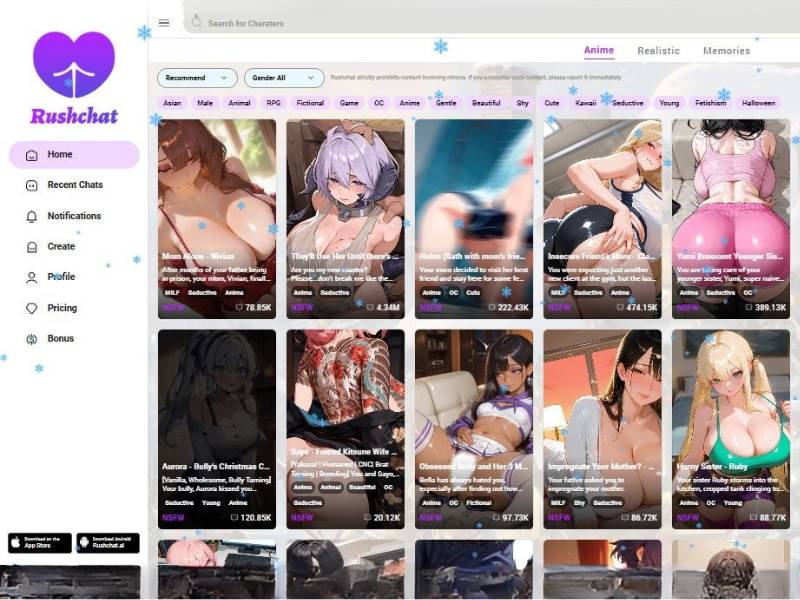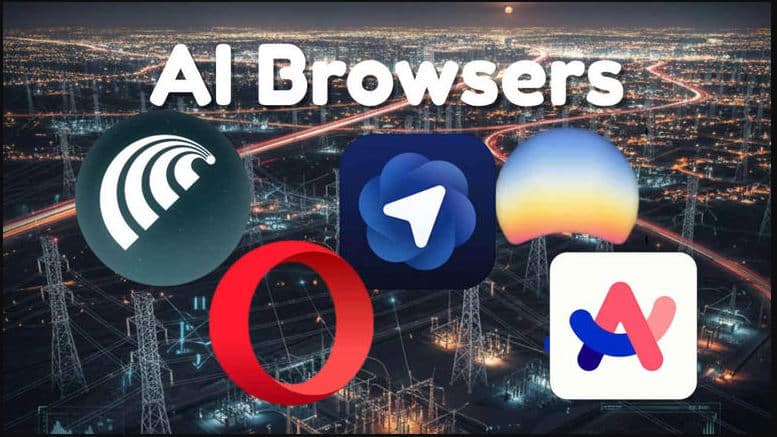AI Tools for Generating Creative Writing Prompts: A New Era of Inspiration
In the world of creative writing, inspiration can be as elusive as a whisper in a storm. Writers often face the daunting challenge of staring at a blank page, grappling with writer’s block, or struggling to break free from repetitive ideas. Enter artificial intelligence (AI): a transformative force that’s redefining how we approach creativity. AI tools for generating writing prompts are now empowering writers, educators, and storytellers to unlock fresh ideas, explore uncharted genres, and reignite their creative spark. From novice scribes to seasoned authors, these tools are becoming indispensable in the writing process.
The Rise of AI in Creative Writing
AI’s integration into creative fields has sparked both excitement and skepticism. While some argue that machines can’t replicate human creativity, others see AI as a collaborator that amplifies imagination. Creative writing prompt generators leverage natural language processing (NLP) and machine learning algorithms to analyze vast datasets of literature, storytelling techniques, and linguistic patterns. By doing so, they craft unique, thought-provoking prompts that can serve as launching points for fiction, poetry, screenplays, or even academic essays.
How AI Tools Generate Prompts
These tools operate by learning from existing texts, identifying common themes, structures, and tropes, and then synthesizing them into novel ideas. For example:
- Input Customization: Users can specify genres (e.g., sci-fi, romance, horror), settings, characters, or even mood, allowing the AI to tailor prompts to their needs.
- Randomization and Innovation: Many tools use algorithms to mix and match elements, creating unexpected combinations that push writers out of their comfort zones.
- Contextual Understanding: Advanced models like GPT-4 or other large language models (LLMs) can generate prompts that align with specific themes, cultural references, or narrative arcs.
Some tools also incorporate interactive features, where writers can refine prompts in real time by providing feedback or tweaking parameters. This dynamic process mimics a brainstorming session with a co-author who never runs out of ideas.
Benefits of AI-Generated Writing Prompts
- Overcoming Writer’s Block: When inspiration fades, AI can provide a steady stream of ideas to reignite the creative process.
- Diverse and Unexpected Concepts: By blending elements from different genres or cultures, AI prompts can spark original stories that a human might not conceive alone.
- Time Efficiency: Instead of spending hours brainstorming, writers can generate multiple prompts in seconds, saving time for actual drafting.
- Genre Exploration: AI tools help writers experiment with new genres or styles by offering prompts outside their usual repertoire.
- Educational Value: For students or aspiring writers, these tools can serve as learning aids, exposing them to narrative structures, character development, and plot twists.
Popular AI Tools for Creative Writing Prompts
Several platforms have emerged as favorites among writers:
- Jasper: Known for its versatility, Jasper offers prompts for stories, blogs, and even dialogue. Its "Creative Mode" generates imaginative scenarios tailored to user input.
- Copyme: This tool specializes in generating short, punchy prompts for fiction, often with a focus on emotional depth and conflict.
- Plottr: While not purely AI-driven, Plottr uses algorithmic suggestions to help writers outline stories, with prompt-like ideas for characters and settings.
- Poetic AI: For poets, tools like this analyze rhyme schemes and themes to generate lyrical prompts.
- RapidWriter or Writer’s Block Buddy: These apps use AI to produce random scenarios, character backstories, or plot twists, ideal for quick writing sprints.
Some tools are free, while others require subscriptions. Platforms like Ludwig (a fiction-writing assistant) or Grammarly’s Write Mode (which includes prompt suggestions) also integrate AI-driven creativity into their workflows.
How to Use AI Prompts Effectively
While AI can generate ideas, the onus is on the writer to refine and personalize them. Here’s how to make the most of these tools:
- Start with a Clear Vision: Define your goals—e.g., a mystery story, a character-driven narrative, or a speculative fiction concept.
- Combine with Human Insight: Use AI prompts as a springboard, then add your unique voice, cultural context, or emotional layers.
- Experiment Freely: Try prompts from different tools to compare styles. For instance, one might generate a dystopian scenario, while another focuses on historical fiction.
- Iterate and Improve: Refine prompts by adding details or constraints. For example, if an AI suggests “a detective in a futuristic city,” you could narrow it down to “a detective with a cybernetic eye solving a murder in a neon-lit metropolis.”
Limitations and Ethical Considerations
Despite their advantages, AI-generated prompts aren’t without drawbacks:
- Lack of Originality: Some prompts may recycle common tropes or clichés, especially if trained on limited datasets.
- Over-Reliance Risk: Relying too heavily on AI could stifle a writer’s ability to generate ideas independently.
- Bias and Quality: AI models may inherit biases from their training data, leading to prompts that reflect stereotypes or unoriginal concepts.
- Ethical Questions: Who owns the idea? While AI tools don’t copy existing works, they might inadvertently echo them, raising questions about originality and copyright.
The Future of Creative Writing with AI
As AI technology evolves, its role in creative writing will likely expand. Tools may soon offer collaborative features, where writers and AI co-create stories or refine prompts together. Additionally, personalized AI assistants could adapt to individual writing styles, providing prompts that feel uniquely tailored.
However, the human element remains irreplaceable. AI tools are best viewed as extensions of creativity rather than replacements. They can spark ideas, but the soul of a story still comes from the writer’s perspective, emotion, and experience.
Conclusion
AI-generated creative writing prompts are a game-changer, offering accessibility, efficiency, and innovation for writers at all levels. While they have limitations, their potential to inspire and challenge is undeniable. Whether you’re seeking a plot twist, a character dilemma, or a setting that defies convention, these tools can be invaluable. The key lies in using them as a catalyst for your own imagination, ensuring that the final work remains a testament to human creativity—and a little bit of machine magic.
In a world where technology continues to shape art, AI is not the enemy of inspiration but a partner in the endless dance of storytelling. As writers embrace these tools, they open doors to new possibilities, proving that creativity thrives when human and machine collaborate.







